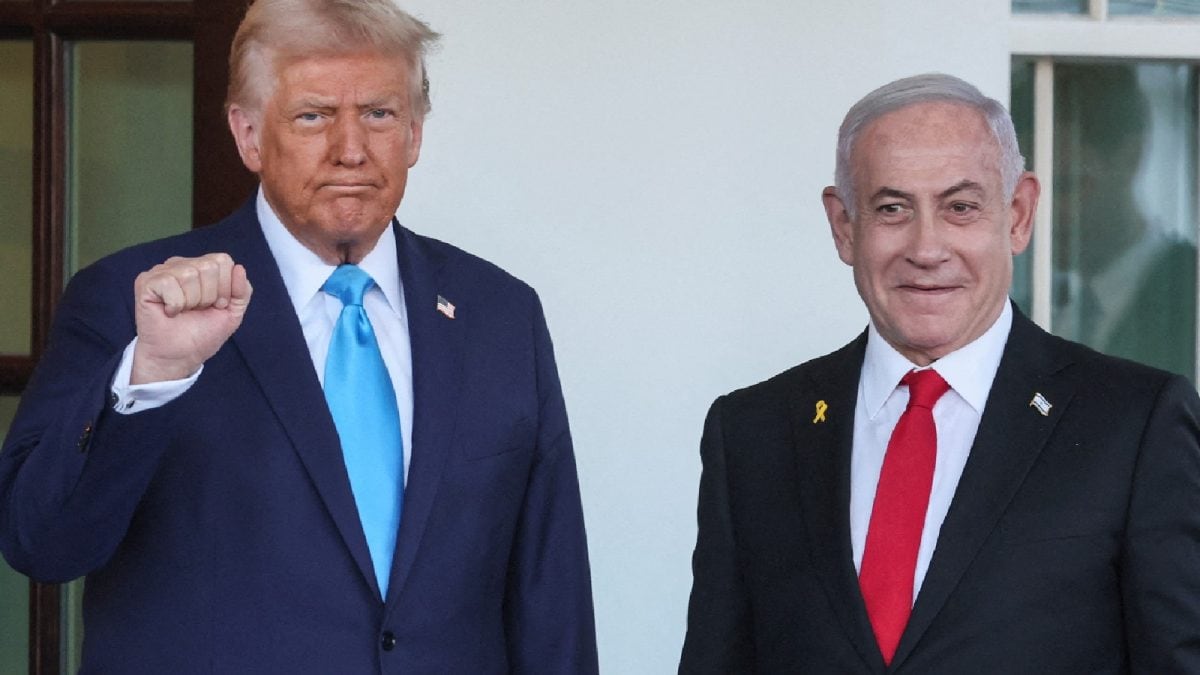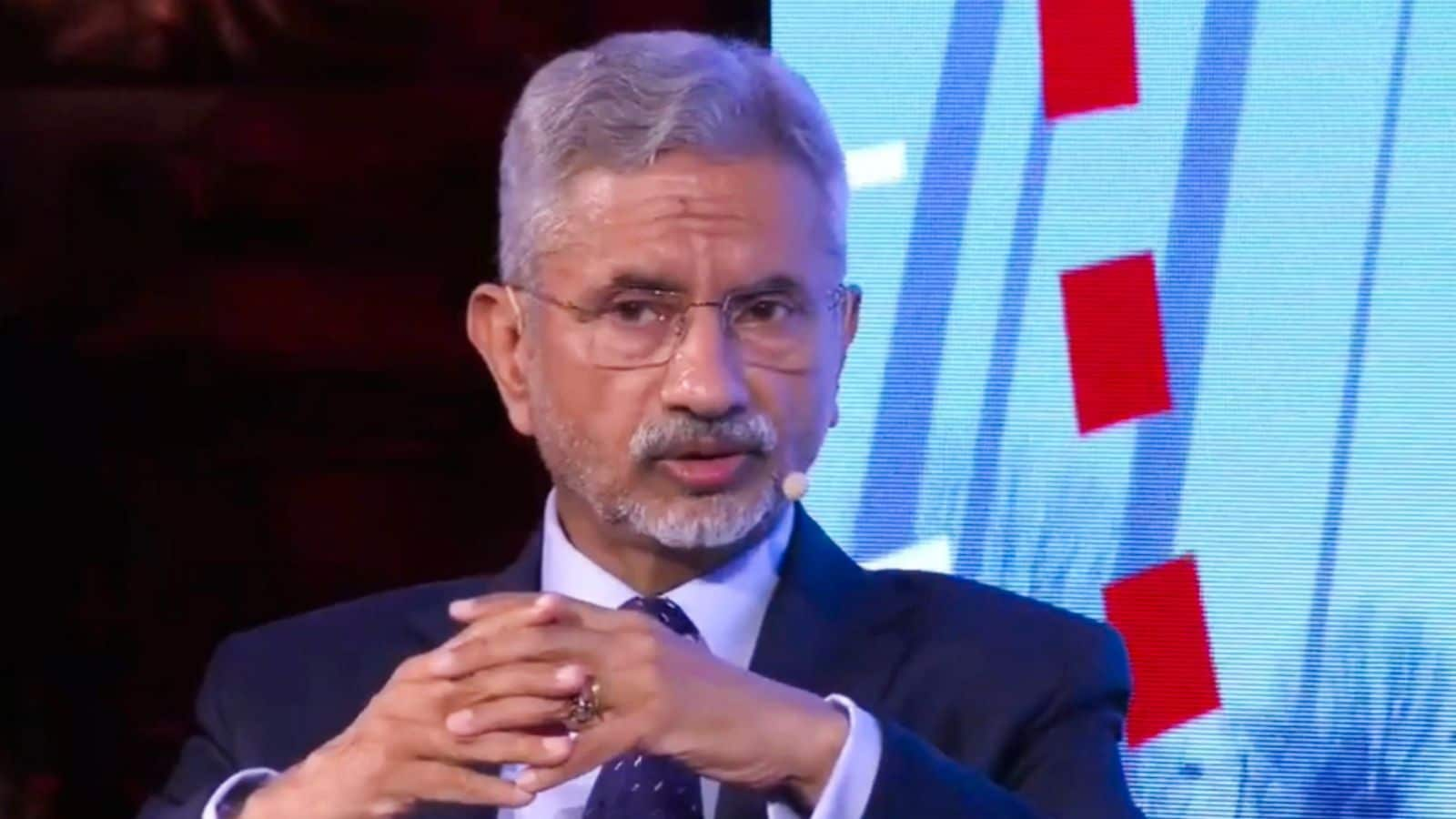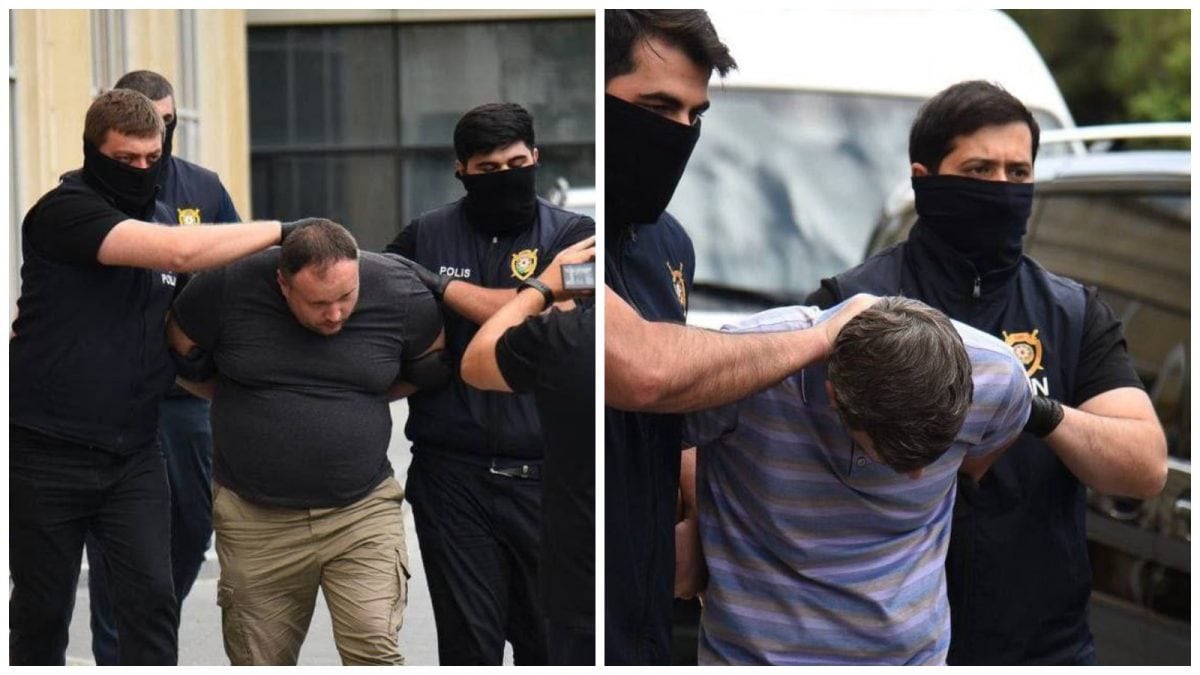Last Updated:May 11, 2025, 03:39 IST
Since its independence in 1947, the Pakistan Army has directly ruled the country for over three decades and has exercised significant influence even during civilian regimes.

A look back at Pakistan’s turbulent political history marked by repeated military coups. (AFP)
The spotlight is once again on Pakistan’s military amid heightened tensions with India, following the deadly terror attack in Kashmir’s Pahalgam, which claimed 26 lives. In response, India launched Operation Sindoor, conducting precision strikes on terror infrastructure in Pakistan and Pakistan-occupied Kashmir (PoK).
As ceasefire negotiations took shape, observers were quick to note the outsized role of Pakistan’s military establishment in steering both strategic and political decisions during moments of national crisis — a pattern deeply rooted in the country’s history.
Pakistan has witnessed a tumultuous political history, repeatedly interrupted by military takeovers. Since its independence in 1947, the Pakistan Army has directly ruled the country for over three decades and has exercised significant influence even during civilian regimes.
The Removal Of Imran Khan
Imran Khan, once hailed as the military’s favoured candidate, was ousted from power in April 2022 through a no-confidence vote in Pakistan’s Parliament. Though the removal was technically democratic, it was widely seen as engineered behind the scenes by the country’s powerful military establishment.
After years of uneasy alliance, the military reportedly withdrew its support for Khan over growing tensions, policy disagreements, and his increasingly combative tone toward senior generals. His public criticism of the army, once considered untouchable, further deepened the rift and contributed to his political downfall.
Khan’s removal followed a familiar pattern in Pakistan’s political history. Since independence, successive Prime Ministers, including Zulfikar Ali Bhutto and Nawaz Sharif, have faced imprisonment, exile, or execution after falling out with army leadership.
Even former military ruler Pervez Musharraf, once in control of the state, spent his final years in exile and died abroad. In Pakistan, the military has not only staged formal coups but also repeatedly influenced regime changes behind the scenes—ensuring that no prime minister has ever completed a full five-year term in office.
Here’s a look at each time the Pakistani military has overthrown an elected government:
1958: Pakistan’s First Military Coup
In October 1958, President Iskander Mirza abrogated the Constitution and declared martial law, appointing General Ayub Khan as Chief Martial Law Administrator. Just days later, Ayub Khan deposed Mirza and took control of the government. This marked the first time the Pakistani military seized direct power, beginning an 11-year rule under Ayub Khan.
1977: General Zia-ul-Haq Overthrows Zulfikar Ali Bhutto
On July 5, 1977, General Zia-ul-Haq led a coup against then-Prime Minister Zulfikar Ali Bhutto, citing political instability and rigged elections. Bhutto was arrested and later executed following a controversial trial. Zia imposed martial law and ruled Pakistan until his death in a plane crash in 1988.
1999: General Pervez Musharraf Overthrows Nawaz Sharif
On October 12, 1999, General Pervez Musharraf staged a bloodless coup against Prime Minister Nawaz Sharif after Sharif attempted to dismiss him and deny his plane landing rights. The military arrested the prime minister and suspended the constitution. Musharraf ruled Pakistan until 2008, initially as Chief Executive and later as President.
Military Influence Beyond Coups
While these are formal coups, the Pakistani military has continued to wield significant behind-the-scenes power, influencing foreign policy, national security, and even civilian political transitions. From overseeing judicial verdicts to backing certain political parties, its role remains deeply entrenched in Pakistan’s governance.
Location : First Published:News world From Bhutto to Imran Khan: How Pakistan’s Military Has Controlled The Civilian Narrative

 1 month ago
1 month ago

















